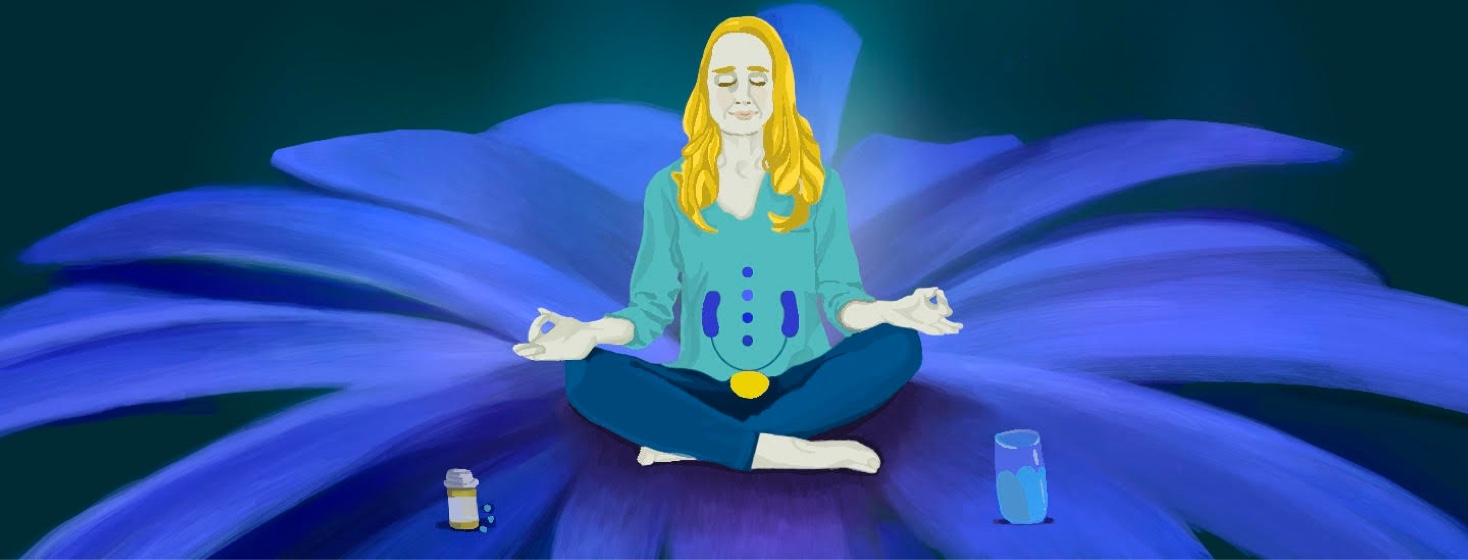Does CF Cause Kidney Stones?
Have you ever passed a dreaded kidney stone? If you have, then you know having a kidney stone is not a fun experience. Pretty painful and annoying? Yes. Fun? Not so much. Some people say dealing with kidney stones is one of the most painful experiences you can have. Definitely not something to wish upon others.
Unfortunately having cystic fibrosis (CF) can put you at a higher risk of developing kidney stones in life. In this article, I’ll explain why people with CF get kidney stones and my own experience with them.
What are kidney stones?
Most people know what a kidney stone is or have heard about someone else’s experience dealing with them before. Although there are many different types of kidney stones, they are all made up of tiny deposits of minerals and salts in the kidneys. The deposits harden to form a small stone that travels from the kidneys to the bladder.1
Symptoms
When kidney stones are contained in the kidney, there are usually no symptoms. Most people don’t even know they have them at that point. A kidney stone will only cause symptoms once it starts to travel from the kidney to the bladder through the ureters, or long thin tubes that connect the two.1
Symptoms of kidney stones include:1
- Sharp pain in the flank sides of the back just below the ribs
- Pain that comes in waves
- Blood in the urine
- Pain while urinating
- Persistent need to urinate
Why is CF a risk factor for kidney stones?
Kidney stones can be the result of many different risk factors. For example, they can be caused by hereditary factors, a result of diet and lifestyle, dehydration, and complications of other illnesses. In the case of cystic fibrosis, kidney stones are thought to form because of supersaturated urine as a result of malabsorption in the GI tract and lower urine output. Supersaturated urine is when there are higher concentrations of salts such as calcium oxalate, uric acid, and calcium phosphate in the urine that then cause an imbalance and lead to stone formation.2
In addition, other research points to repeated antibiotic use in CF killing a particular bacteria called Oxalobacter formigenes in the gut. Oxalobacter formigenes’ primary role is to degrade or break up oxalate to later be metabolized. Without it, oxalate isn’t broken down and is available in excess for kidney stone formation.3
Although, the exact cause of kidney stones in cystic fibrosis isn’t totally clear, it’s important to bring up symptoms to your CF team in order to get the proper management and treatment for kidney stones.
My kidney stones from cystic fibrosis
Over the last decade, kidney stones have become a common occurrence for me. At the first sight of pinching waves of pain, I think, “Not again.” Luckily, I seem to be one of the few that can pass a stone with manageable pain at home even though it’s never a fun experience. When I feel one passing, I usually know my day will be spent drinking lots of water, resting with a heating pad, and peeing. Fun fact: I keep the stones once they pass in a little container as some weird trophy. It might be strange, but you would be proud of yourself too!
In addition, I see a nephrologist who prescribes my daily medication to balance the minerals in my urine to help stop stones from forming. In addition, drinking a lot of water is recommended so that my urine never becomes too concentrated. If I stay on top of hydration and my daily medication, I can slow the growth of the stones and keep my kidneys happy.
Have you dealt with kidney stones before? Were they connected to CF? Share your experience with us below!

Join the conversation